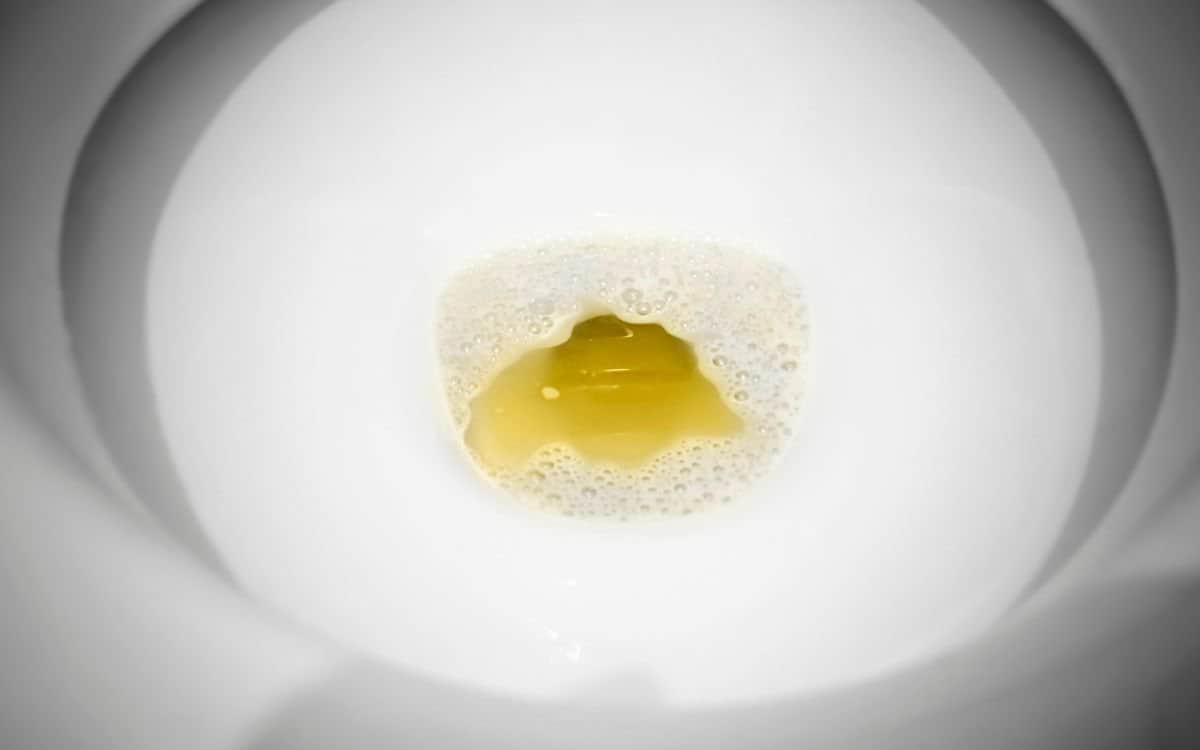Urine is a bodily fluid that many people don’t give much thought to. However, this often-overlooked liquid has a lot more to it than meets the eye. In this blog post, we’ll take a closer look at 10 surprising facts about urine that you probably didn’t know.

From the chemical composition of urine to its uses in medicine, agriculture, and even fuel production, there is more to urine than just being a waste product of the body. When most people think of urine, they associate it with the excretion of waste products from the body. However, there are many surprising facts about urine that you probably didn’t know. Here are 10 of them:
Urine Is Not Always Yellow
Urine color can vary based on the concentration of waste products, fluid intake, medication, and certain medical conditions. For example, dehydration can lead to darker urine, while excess fluid intake can lead to clearer urine. Certain medications can also change urine color, such as rifampin which can turn urine orange-red.
Urine Contains Gold, Silver, and Other Precious Metals
Although the concentrations of precious metals in urine are extremely low, researchers have found that there are enough metals in urine to be extracted. Some researchers are exploring ways to extract metals from urine in an effort to recover valuable resources from waste.
Urine Has Been Used as A Cleaning Agent for Centuries
The ancient Romans used urine as a cleaning agent due to its ammonia content. Ammonia is a common ingredient in many modern cleaning products, but it can be produced naturally from urine by leaving it to ferment.
Urine Can Be Used as A Diagnostic Tool for Certain Medical Conditions
Urine tests can detect a range of medical conditions, including diabetes, kidney disease, and urinary tract infections. A urine sample can provide insights into a person’s health status and can help doctors diagnose and treat medical conditions.
Fun Outdoor Quiz
Drinking Urine Can Lead to Severe Health Complications
Drinking urine is not recommended as it can be harmful to health. While urine is sterile when it leaves the body, it contains waste products that can cause harm if ingested. Additionally, drinking urine can lead to dehydration, electrolyte imbalances, and other health complications.
Urine Is Sterile when It Leaves the Body
Urine is sterile when it leaves the body, meaning it does not contain bacteria or other microorganisms. However, urine can become contaminated if exposed to external sources of bacteria, such as during collection and handling.
Urine Is an Effective Fertilizer
Urine contains nitrogen, phosphorus, and potassium, which are essential nutrients for plant growth. Using urine as a fertilizer can help reduce the use of synthetic fertilizers, which can be harmful to the environment. However, it is important to dilute urine with water before use, as concentrated urine can damage plants.
Urine Can Be Used to Power Vehicles
Researchers are exploring ways to extract hydrogen from urine, which can be used as a source of renewable energy. By extracting hydrogen from urine, it can be used to power vehicles and other machines, providing a potential solution to the world’s energy needs.
Urine Production Decreases During Sleep
The body produces less urine during sleep, which allows us to sleep uninterrupted for longer periods. This is due to a decrease in the production of the hormone vasopressin, which helps the kidneys retain water and reduces urine output.
Urine Can Reveal a Person’s Diet and Lifestyle
The composition of urine can provide insights into a person’s diet and lifestyle. For example, high levels of protein in the diet can lead to an increase in the concentration of urea in urine. Additionally, certain medications and medical conditions can also affect the composition of urine. By analyzing urine samples, doctors and researchers can gain insights into a person’s health status and make informed decisions about treatment and prevention.
Importance of Urine
Despite its often negative reputation, urine plays an important role in maintaining overall health and well-being. Here are some of the key functions and benefits of urine:
Elimination of Waste
Urine is primarily composed of waste products that are filtered out of the blood by the kidneys. These waste products include urea, creatinine, and uric acid, among others. If these waste products build up in the body, they can be harmful to health. Urine allows for the safe and efficient elimination of these waste products from the body.
Regulation of Fluid and Electrolyte Balance
Urine production helps regulate the body’s fluid and electrolyte balance. The kidneys adjust the amount of water and electrolytes that are excreted in urine based on the body’s needs. For example, during periods of dehydration, the kidneys will conserve water by producing less urine. This helps maintain proper hydration levels in the body.
Maintenance of Blood Pressure
The kidneys play a key role in regulating blood pressure. They do this by producing a hormone called renin, which helps control blood pressure by regulating the amount of sodium and water that are excreted in urine.
Detection of Medical Conditions
As mentioned earlier, urine can be used as a diagnostic tool for a range of medical conditions. By analyzing the composition of urine, doctors can gain insights into a person’s health status and detect medical conditions such as diabetes, kidney disease, and urinary tract infections. Early detection and treatment of these conditions can help prevent serious health complications.
Source of Renewable Resources
Urine contains a variety of compounds that can be extracted and used as renewable resources. For example, urine can be used to produce hydrogen gas, which can be used as a fuel source. Additionally, urine contains nitrogen, phosphorus, and potassium, which are essential nutrients for plant growth. By using urine as a fertilizer, we can reduce our reliance on synthetic fertilizers, which can be harmful to the environment.
Conclusion
In conclusion, urine is an important bodily fluid that has many surprising and interesting facts associated with it. Understanding the composition and characteristics of urine can help us better understand the functioning of our bodies and the importance of maintaining a healthy urinary system. Moreover, urine has a wide range of applications in fields such as agriculture, medicine, and renewable energy production, making it a valuable resource. So, the next time you use the restroom, take a moment to appreciate the complexities of urine and its role in our lives.










